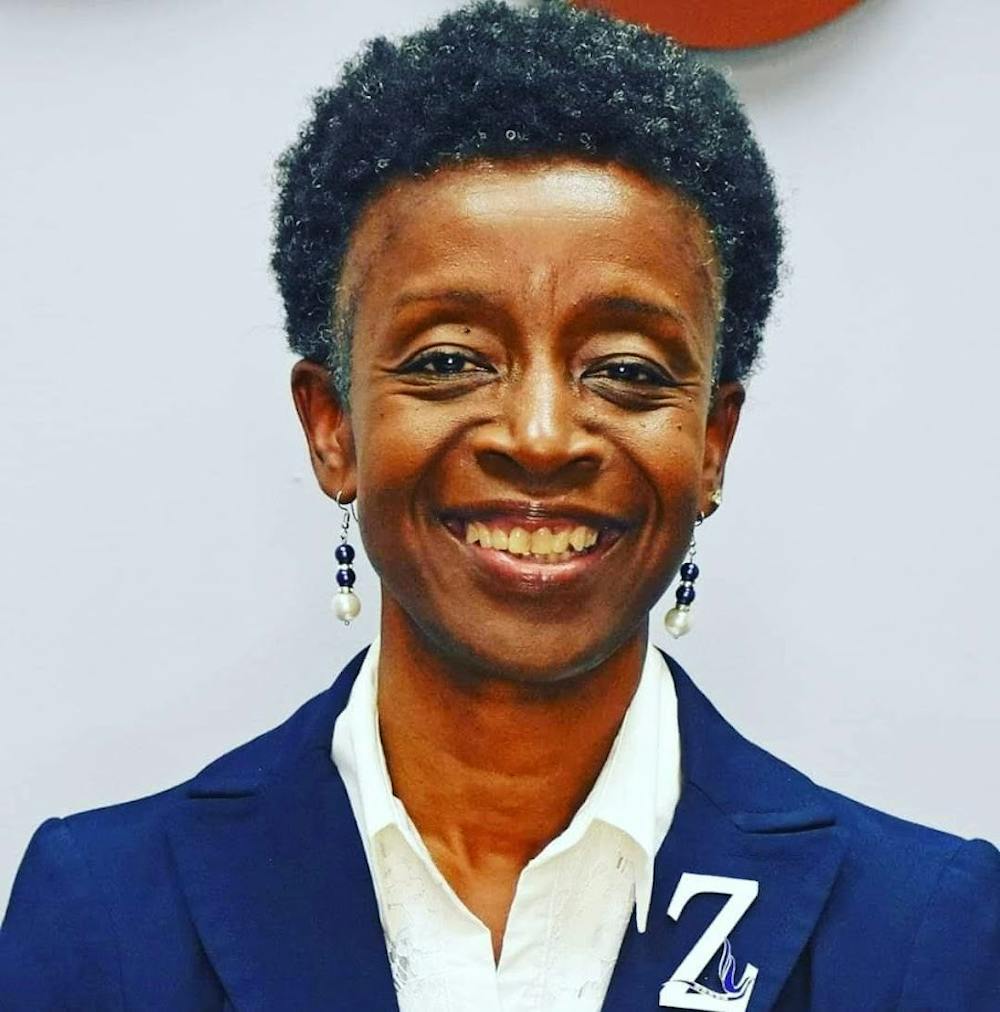The OC Voice is a portion of the OC Report newsletter where local residents may have a platform to talk about local issues they care about. Barbara Foushee is a Carrboro Town Council member.
As our nation and our communities continue to grapple with the coronavirus pandemic, increasing social unrest and the election of our lifetimes, I am reminded of how far we have come and yet, how far we still have to go.
We have to wear masks, stay 6 feet apart and wash our hands more times a day than we can count to protect ourselves and others from the virus. Our lives have changed for the foreseeable future and we’re adapting to move on. It has been difficult, but we are doing it and we are surviving and we will remember the many lives that have been needlessly lost.
The disproportionate impact of the coronavirus on our Black and brown communities has been front and center for all to see. This disparity is disappointing but not surprising, as nearly every social indicator from income to life expectancy, housing, education and so on reveals the additional burdens American society places on people of color.
The question is: what now?
We’ve been down this road before on other issues and the proposed solutions have not produced sustainable changes. Now is a time when we all must address structural issues like systemic and institutional racism, exclusion of important elements in teaching American history, elevation of white supremacist culture and other discriminatory practices, have difficult conversations and seek transformative change at the highest levels.
These conversations and the work required are difficult, but if we are serious about Black Lives Matter and End Racism Now, we must press forward with meaningful race and equity work. Dismantling the multigenerational legacy of white supremacy is a daunting task indeed, but doable if we move forward together. Everyone has to be along for the ride if progress and change are to come; the "business as usual" mindset has to be a thing of the past.
We are definitely at a crossroads, and the intersectionality of these issues is clear. Which path will we take; will there be healing as we move forward together, or will we continue down the same path with no real progress or change? What if we take a few steps toward broadening our perspectives?
We’re all at home with more time on our hands, so might I suggest some reading to begin? A few of my recommendations: "Nobody" by Marc Lamont Hill, "The New Jim Crow" by Michelle Alexander, "How to be an Antiracist" by Ibram X. Kendi and "The Color of Law" by Richard Rothstein.



